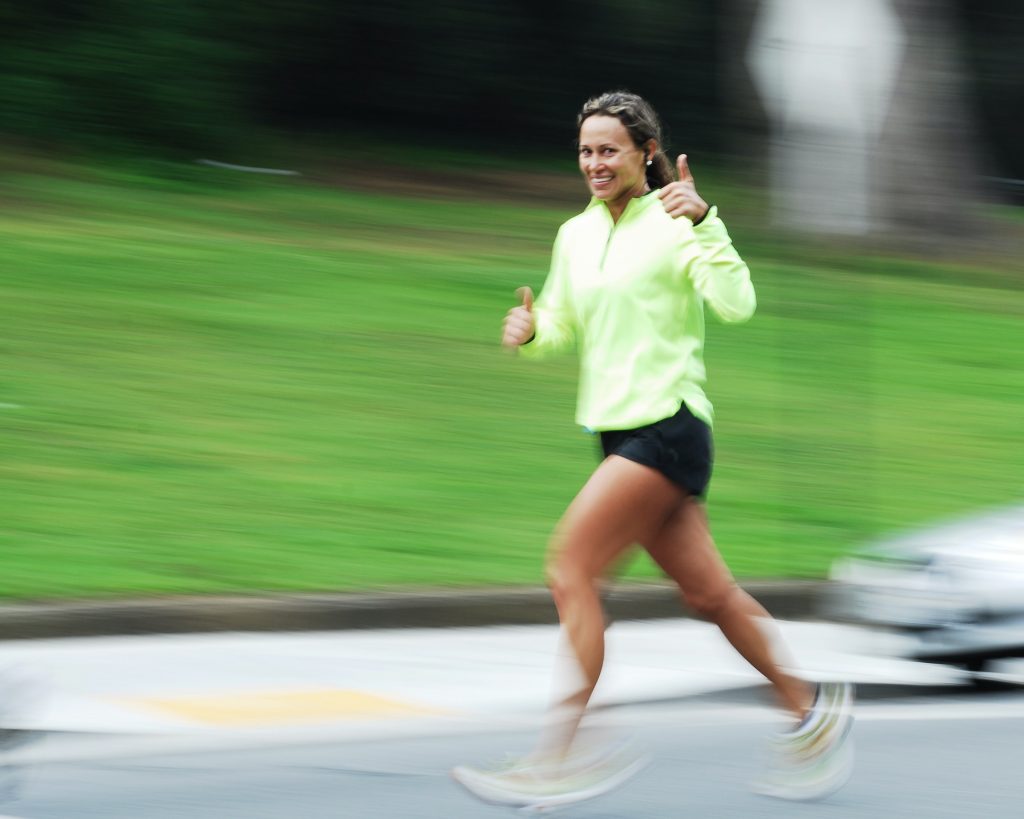Last week Governor Wolf recommended all Pennsylvanians begin to wear face masks in an effort to reduce person to person transmission of COVID-19. With the number of Coronavirus cases on the rise in Berks County and Pennsylvania, how else can we protect ourselves from COVID-19?
Is it possible to increase your health enough to improve your chances with COVID-19? There is no cure or vaccine for the novel Coronavirus. However, staying healthy is the best way to give your body a fighting chance.
As people age, their immune systems change, making it harder for their bodies to fight off diseases and infection. Who is at risk? Older adults and people who have severe chronic medical conditions like heart, lung or kidney disease.
Stefano Sarge is a Certified Strength and Conditioning Specialist and Personal Trainer. A graduate of Governor Mifflin, Sarge is the co-founder of Ampersand Integrated Wellness, a local wellness company focusing on healthy lifestyles, managing injuries or other health related issues.
Now working from home himself, Sarge says the best way to begin an exercise routine is to get outside into nature. “It’s been shown and even supported with studies to help fight off anxiety and depression”.
“If you’re just starting out, just look for things around your house” says Sarge. “Even if you don’t have any weights you can use gallons of water. You can use broomsticks or use your couch and tables. Whatever you have, just keep it basic.”
In addition to items around the house, Sarge suggests starting a daily routine of basic movements like squats, push ups, or planks. Most importantly, Sarge says this is the time to figure out what you like and don’t like to do.
“I would say my number one recommendation is to set up a schedule, develop a routine for yourself. The more you can make your workout consistent the easier it’s gonna be for you and it’s definitely gonna be a challenge at first.”
It’s not all about the workout, it’s also about the food you put in your body. There are no specific diets, or special foods, that will directly boost your immune system. However, eating a balanced diet and getting regular exercise will increase your overall health, and give your body a better shot at defending against diseases and illnesses.
According to the Pennsylvania Department of Health, good nutrition lowers people’s risk for many chronic diseases, including heart disease, stroke, some types of cancer, diabetes and osteoporosis. An overall healthy lifestyle must include good nutrition, regular physical activity, no smoking and stress management.
So what can you do to improve your immune system? Local certified nutrition and wellness consultant, Whitney George, fills us in. “The number one thing that people can do first to improve the immune system response and function is to drop sugar from their diets.”
“Added sugars, refined carbohydrates, foods made out of flour, and even natural sources of sugars that are high glycemic like dried fruits, impair white blood cell function. Coinciding with the importance of sugar reduction for immune function is to increase non-starchy vegetables in the diet” says George.
To maintain a balanced diet, George recommends eating 6-8 cups of non-starchy vegetables per day and 1/2-1 cup of low sugar fruits like berries, kiwi, and grapefruit.
“It is from these plant foods that we get an abundance of phytonutrients like quercetin, rutin, luteolin, myricetin, resveratrol, and apigenin, which have immune strengthening properties” says George.
“Food sources of zinc (oysters, clams, shrimp, pumpkin seeds, liver) and vitamin C (red bell peppers, broccoli, rose hips, citrus fruits) are also imperative to support the immune response and keep it balanced and not tipping into the “cytokine storm” (which is the mechanism for death in those suffering from COVID pneumonia). Balancing blood sugar is key.”
George also recommends pairing your non-starchy vegetables with high quality protein sources that are sustainably sourced (pasture-raised, grass-fed, wild caught) and healthy fats like extra virgin olive oil, olives, avocado, coconut, coconut oil, nuts and seeds.
With everyone staying at home, take out is also a popular choice and a good way to support local businesses. So how can you eat out and still eat right? “In general, when ordering from any restaurant, it is important to stick to the basics listed above” says George.
“Think about a plate that is 1/2 to 3/4s non-starchy veggies, paired with a protein source that is grilled or baked, not fried, and if you want to choose a starch, try to choose a whole grain like brown or wild rice or one that is not processed like a baked sweet potato.”
BCTV and Berks Weekly are working together to bring you the stories of our community during the COVID-19 pandemic. This media partnership is made possible in part by the support of Berks County Community Foundation.




